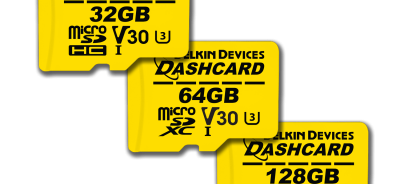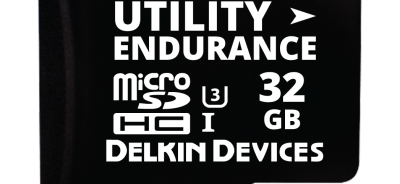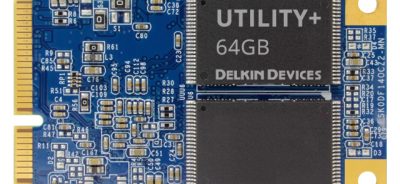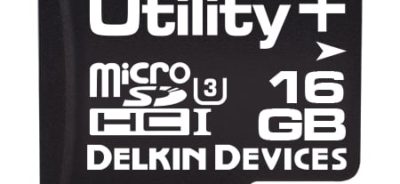Technical Success Stories: Host Usage and Industrial SD Cards
Background
Delkin is frequently contacted by customers who are trying to select the best SD cards for their specific host usage requirements. In one particular case, the Delkin Customer Engineering Team was dealing with a customer who needed an SD card for an industrial application that was not write-intensive. However, the customer was unable to share information about the size and frequency of files that were being written to the card, the specifics of the application, nor information about the operating temperature range. The customer wanted the most cost-effective SD card available and was considering TLC flash options. Based on the information provided Delkin’s team initially suggested a commercial utility SD card with a managed configuration.
Customer Story
The customer had been undergoing a qualification process with SD cards from different manufacturers when they came to Delkin—every card had thus far failed. The customer was extremely nervous about being able to find an appropriate card before the application launch date and was beginning to suspect that the problem wasn’t only with the cards. For this reason, Delkin suggested examining the host’s usage model during the qualification testing. During the process, the customer attempted to replicate real-world operating conditions by increasing the temperature to 850 C and writing a data sample that the application would need to record when in use. The customer repeated this process continuously.
Delkin Discovery
Delkin began to pinpoint the cause of the card failures by reviewing the SMART data on the failed cards. This examination revealed that the number of program and erase cycles performed during the testing was well beyond what the flash could manage. Delkin’s team found that while the write application workload would be extremely light, the qualification process was extremely write-intensive. Since the OEM was unsure about the size of the files being written, it turned out that 9TB of data was being written during the qualification process, rendering the cards useless for anything but read-only operations. Coupled with the temperature extremes, the cards simply couldn’t stand up to the testing. Delkin’s suggestion of a commercial utility SD card performed better than the TLC cards the customer had been trying, but was still not an ideal option.
Delkin Solution
After further testing, Delkin determined that a low-capacity SLC SD card would be the best solution for the client’s needs. It would offer the highest level of reliability and allow the customer to launch on time. Delkin also trained the customer on how to use SMART data as a form of preventative maintenance to reduce the risk of failures in the field.
Lessons Learned
NAND flash memory is a key component of any host application, and industrial grade SLC cards are much more powerful than a simple memory chip. By switching to the SLC model, the customer was able to increase program/erase cycles by 20 times. In addition, Delkin showed the customer how the host application could be modified to use the flash memory more efficiently.
Lean on Delkin’s Technical Team
If you have a problem with your host storage, Delkin’s Customer Applications team is ready to help. We’ve solved hundreds of cases of host failure, and we can pinpoint your issue and help you find an effective storage solution for your application.
 Login
Login Register
Register












